| LM-2D Launch Vehicle Successfully Launched Seismo-Electromagnetic Satellite CGWIC Successfully Launched Six Piggyback Satellites for International and Domestic Customers |
The current page: Home -> News |
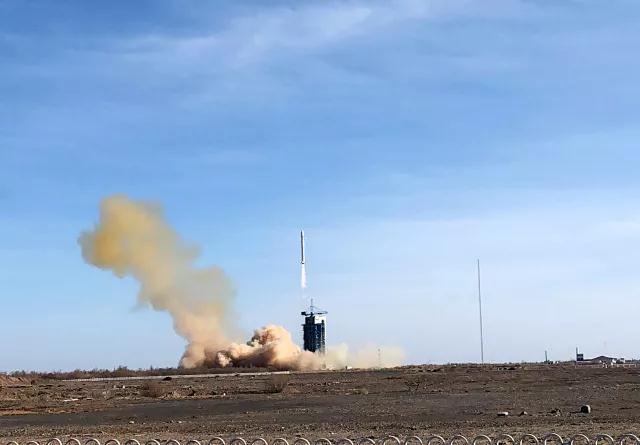
On 15:51, February 2nd 2018 BJT, Long March 2D (LM-2D) launch vehicle successfully launched Seismo-Electromagnetic Satellite together with six international and domestic piggyback satellites contracted by China Great Wall Industry Corporation (CGWIC) in Jiuquan Satellite Launch Center (JSLC).
The six piggyback satellites are NewSat-4&5 of Satellogic, an Argentina company; GOMX-4A&4B of GomSpace, a Danish company; FMN-1 of Beijing LinkSpace Company and Juvenile-1 of Beijing CommSat Company.
NewSat-4 and NewSat-5 are the 4th and 5th satellites of Satellogic's under construction low-cost remote sensing satellites constellation. The first three NewSats were successfully launched by Long March 4B launch vehicle in 2016 and 2017 respectively.
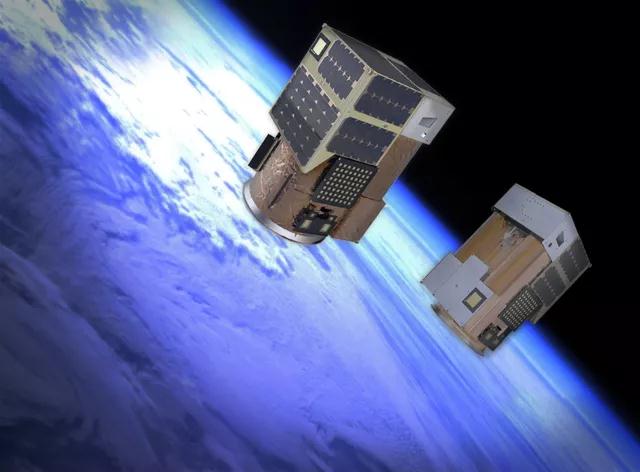
NewSat
GOMX-4A and GOMX-4B are both 6U cubesats for in-orbit demonstration of inter-satellite linking. GOMX-4B belongs to European Space Agency (ESA). It is equipped with micro-propulsion and a hyperspectral imager, and it also includes a piggyback experiment to test how well everyday commercial computer memories perform in the radiation-soaked environment of space.
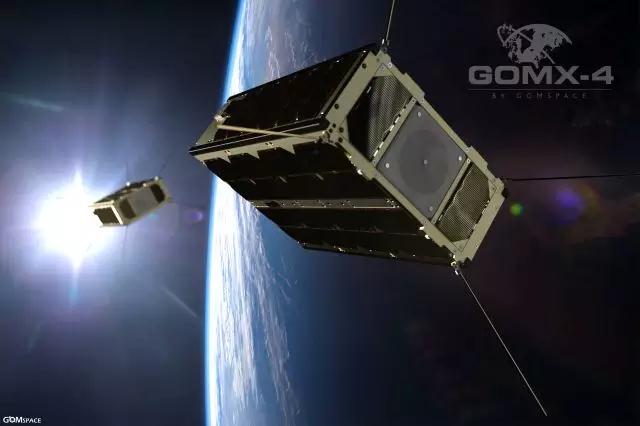
GOMX-4
FMN-1 is a full space view observation 3U cubesat for public. Juvenile-1 is an observation 3U cubesat for space education and popularization for teenagers.
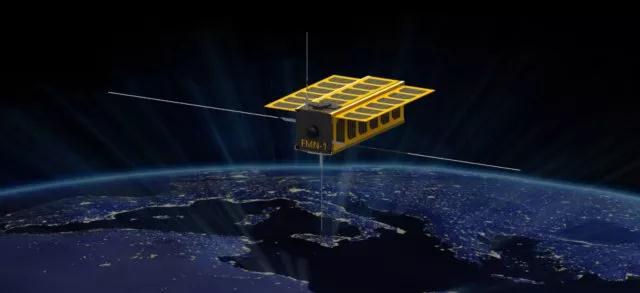
FMN-1
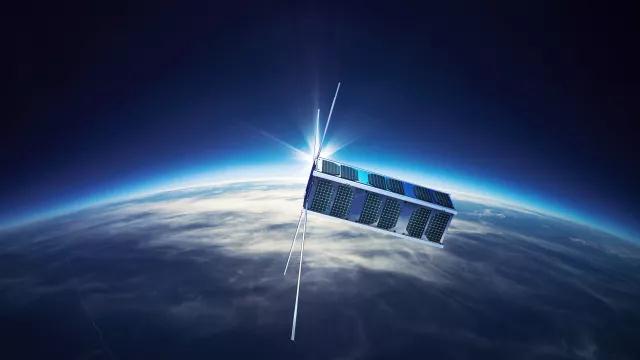
Juvenile-1
This launch marks the 266th flight of Long March family, and it is the 15th international piggyback launch services provided by Long March family. This launch mission is the 38th flight of LM-2D launch vehicle.
The LM-2D Launch Vehicle is designed and manufactured by Shanghai Academy of Space Technology (SAST). The main passenger of this mission, Seismo-Electromagnetic Satellite, will be China´s first space-based platform for earthquake monitoring, and will provide new path for China's earth observation and forecast. The satellite is designed and manufactured by China Academy Space Technology (CAST). Both SAST and CAST are the subsidiaries of China Aerospace Science & Technology Corporation (CASC).
Date:2018-02-02

